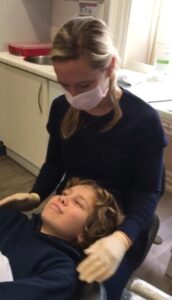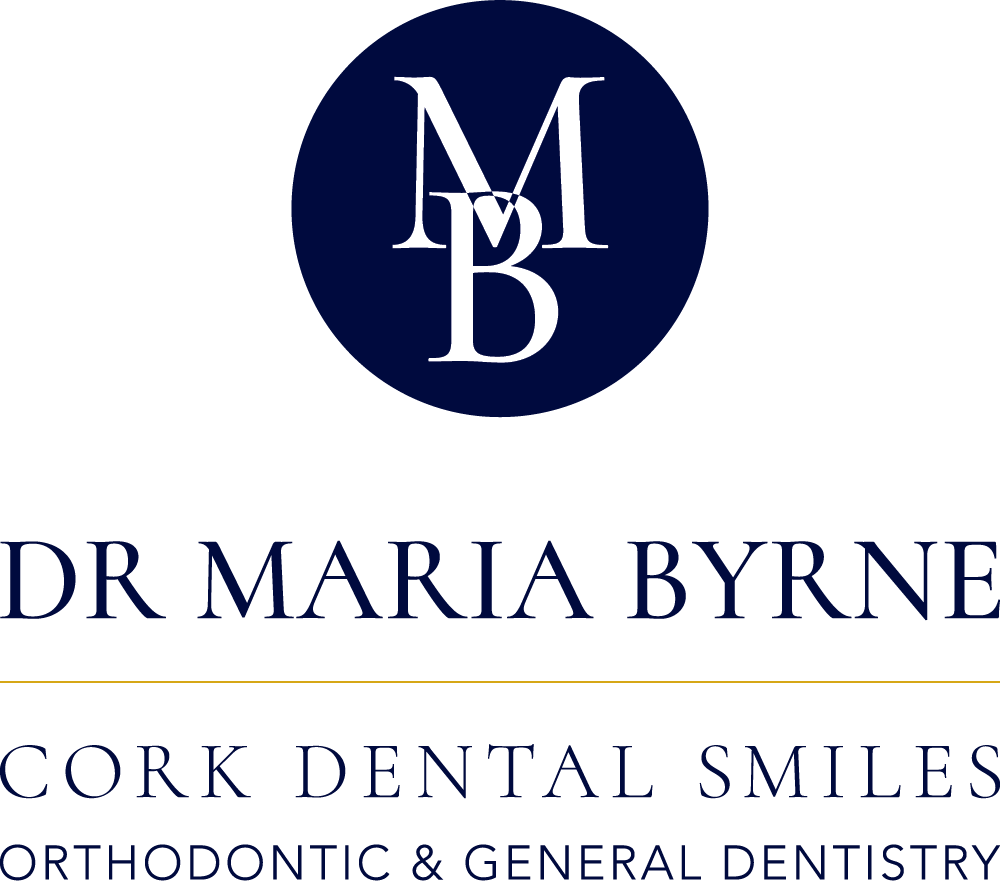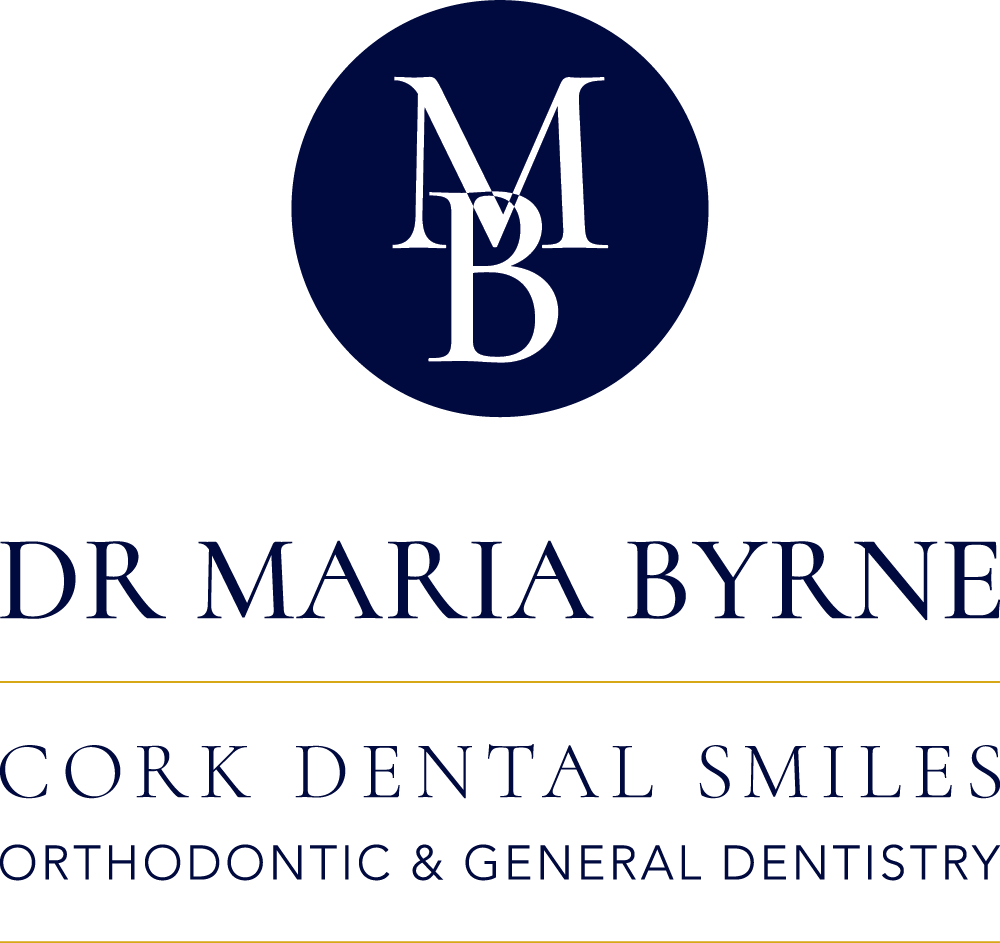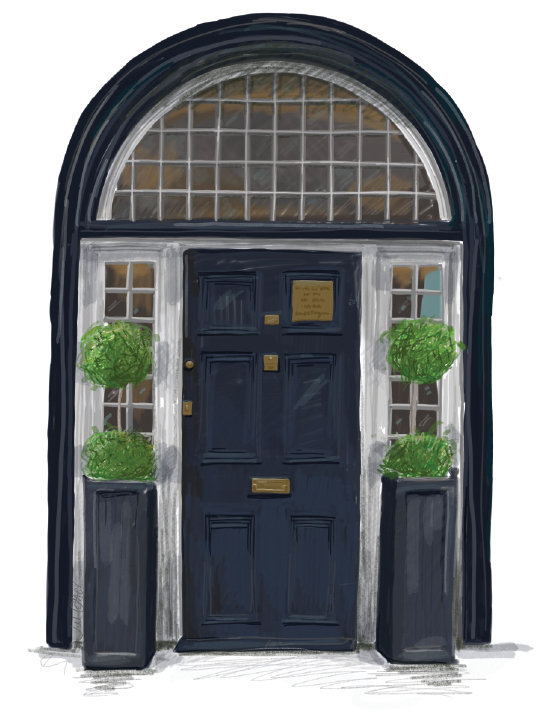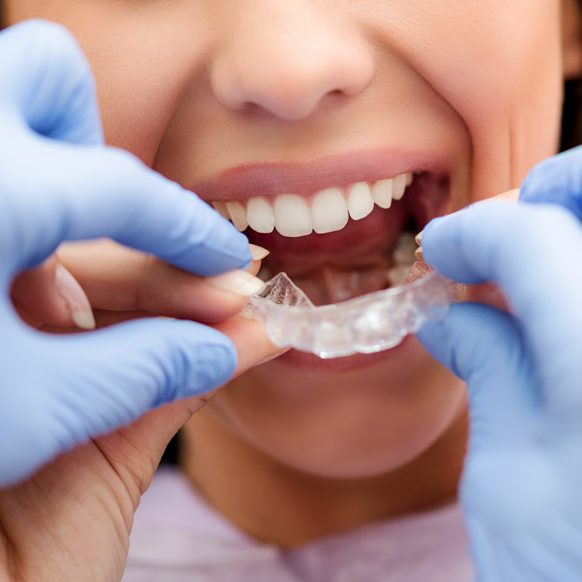
Good dental hygiene is imperative in the maintenance of excellent dental health, this is something our practice hygienist Niamh is more than happy to help with. A cleaning with Niamh is a great way to boost your oral health in one visit and can protect you from the development of decay and gum disease and leave your teeth feeling clean and healthy, giving you a rejuvenated smile.
Bleeding gums? Bad Breath?
This can be a sign that you have or are at risk for gum disease. The main cause of bleeding gums is the build-up of plaque bacteria at the gum line. This will lead to a condition known as gingivitis or inflamed gums. This plaque bacteria in your mouth that causes such inflammation gives off noxious odours causing bad breath. Plaque bacteria that is not removed will eventually harden into tartar. This will lead to increased bleeding, bad breath and a more advanced form of gum disease known as periodontal disease.
Steps to Cure and Prevent This
You can stop gum disease by preventing plaque and tartar from building up on your teeth and gums. Brushing twice a day and flossing once daily is the best way to help prevent plaque formation therefore preventing gum disease. An antibacterial mouthwash can also protect your teeth and gums against disease. Sugar-free gum is also helpful as it stimulates saliva which is naturally cleansing.
Our hygienist will advise you on the best oral hygiene regime to suit your personal needs.
Fissure Sealants
Fissure Sealants could prevent tooth decay from forming in your own or your children’s teeth. Preventing tooth decay before it appears can mean less pain and less money in the meantime. A sealant is a plastic film-like material that is applied to the chewing surfaces of the back teeth and acts as a barrier to protect the teeth from decay causing bacteria.
Sealants can be applied by your dentist or hygienist and the procedure is simple and fast with very little if any, discomfort .First the teeth will be cleaned and thoroughly rinsed. An acid solution or gel will then be applied to the tooth to help the sealant bond with the tooth. The sealant material will then be painted on to the tooth and allowed to dry and harden with the use of a special curing light. It generally takes only a few minutes to seal each tooth. Once applied sealants can last from five to ten years.

